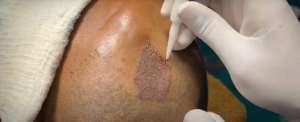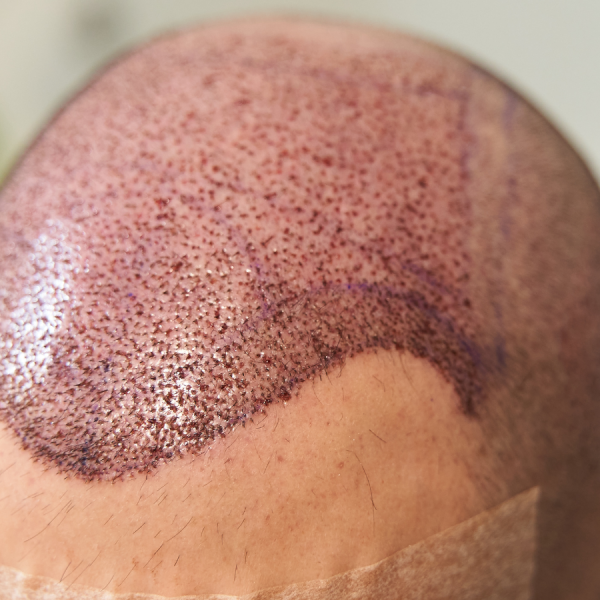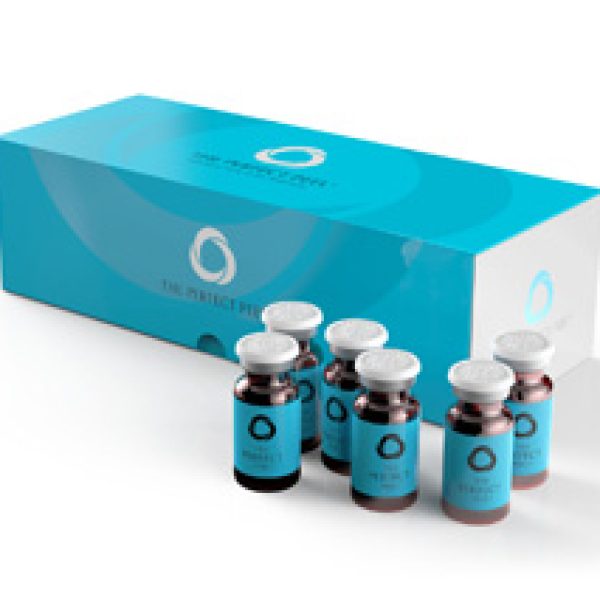Hay fever, or allergic rhinitis, is a prevalent condition that afflicts millions globally, presenting symptoms such as frequent sneezing, nasal congestion, relentless itching, and irritated, watery eyes. These symptoms can profoundly impact daily life, disrupting productivity, impairing concentration, and even interfering with sleep patterns. Therefore, for individuals grappling with the throes of hay fever, the quest for effective treatment becomes paramount, offering a glimmer of hope amidst the persistent discomfort and diminished quality of life.
Within the realm of hay fever treatment, a multifaceted approach is often necessary to address the diverse array of symptoms and individual needs. Conventional treatments, rooted in pharmaceutical interventions, offer a reliable first line of defense against the onslaught of hay fever symptoms. Antihistamines, available in various forms including tablets, nasal sprays, and eye drops, work by blocking the action of histamines, thereby alleviating sneezing, itching, and other allergic responses. Nasal corticosteroids, another staple in conventional therapy, exert their anti-inflammatory effects to reduce nasal congestion and inflammation, restoring unobstructed breathing and providing much-needed relief.
Complementing these conventional treatments are an array of natural remedies, drawing upon the healing properties of herbs, supplements, and lifestyle modifications. Locally sourced honey, cherished for its potential to desensitize the body to pollen allergens, holds promise as a natural remedy for hay fever symptoms. Similarly, the antioxidant-rich compound quercetin, found abundantly in foods such as onions, apples, and berries, exhibits anti-inflammatory properties that may help alleviate allergic reactions and mitigate hay fever symptoms when incorporated into the diet.
Saline nasal rinses offer another natural approach to managing hay fever symptoms, providing a gentle yet effective means of clearing nasal passages of allergens and mucus. Additionally, herbal supplements like butterbur extract have garnered attention for their potential to reduce allergic reactions and improve hay fever symptoms, offering a holistic alternative to conventional pharmaceuticals.
By exploring the diverse array of treatment options available, individuals can tailor their approach to hay fever management to suit their unique needs and preferences. Whether opting for conventional pharmaceutical interventions, embracing natural remedies, or adopting lifestyle modifications to minimize allergen exposure, the key lies in finding a personalized treatment regimen that provides optimal symptom relief and enhances overall well-being.
Hay fever poses a significant challenge to those afflicted, disrupting daily life and diminishing quality of life. However, through a comprehensive approach that integrates conventional treatments with natural remedies and lifestyle modifications, individuals can effectively manage symptoms and reclaim control over their health and vitality. By empowering individuals with knowledge and options, we pave the way for a brighter, symptom-free future, allowing them to enjoy life to the fullest despite the challenges posed by hay fever.
Understanding Hay Fever:
Understanding hay fever is fundamental to effectively managing its symptoms and mitigating its impact on daily life. Essentially, hay fever, clinically referred to as allergic rhinitis, is an immune system response triggered by exposure to certain airborne allergens. These allergens, which commonly include pollen from grasses, trees, and weeds, as well as dust mites and pet dander, are innocuous substances that provoke an exaggerated immune response in susceptible individuals.
The immune system’s reaction to these allergens involves the release of histamines and other inflammatory mediators, which initiate a cascade of physiological responses aimed at expelling the perceived threat. However, in individuals with hay fever, this response is disproportionate and results in the hallmark symptoms of the condition.
Symptoms of hay fever typically manifest in the upper respiratory tract and may include persistent sneezing, nasal congestion, itching, and a runny or blocked nose. Additionally, affected individuals may experience irritation and watering of the eyes, a symptom known as allergic conjunctivitis. These symptoms can vary in severity depending on factors such as the type and concentration of allergens present, as well as individual susceptibility and immune system reactivity.
Understanding the triggers of hay fever symptoms is crucial for effective management and avoidance strategies. Pollen, the most common allergen associated with hay fever, exhibits seasonal variability, with different plant species releasing pollen at different times of the year. For example, tree pollen is prevalent in the spring, while grass pollen peaks in the summer months, and weed pollen tends to be highest in the autumn.
In addition to seasonal allergies, perennial allergens such as dust mites and pet dander can trigger hay fever symptoms year-round. Dust mites, microscopic organisms that thrive in indoor environments, are commonly found in bedding, upholstered furniture, and carpeting. Pet dander, consisting of tiny flecks of skin shed by cats, dogs, and other furry pets, can also trigger allergic reactions in susceptible individuals.
By understanding the allergens that trigger hay fever symptoms and their seasonal patterns, individuals can take proactive measures to minimize exposure and reduce the likelihood of experiencing symptoms. This may include strategies such as staying indoors during peak pollen times, using air purifiers to remove airborne allergens, and regularly washing bedding and vacuuming to control dust mites.
Hay fever is an allergic reaction to airborne allergens, characterized by symptoms such as sneezing, nasal congestion, itching, and watery eyes. By understanding the triggers of hay fever symptoms and implementing appropriate avoidance strategies, individuals can effectively manage their condition and improve their quality of life.
Conventional Treatment Options:
- Antihistamines: Antihistamine medications are commonly used to block the effects of histamines, providing relief from symptoms like sneezing, itching, and runny nose. They come in various forms, including tablets, nasal sprays, and eye drops, and can be purchased over the counter or prescribed by a doctor.
- Decongestants: Decongestants help reduce nasal congestion by constricting blood vessels in the nasal passages, making it easier to breathe. They are available in oral or nasal spray forms and provide temporary relief from congestion but should be used with caution to avoid rebound congestion.
- Nasal Corticosteroids: Nasal corticosteroid sprays work by reducing inflammation in the nasal passages, relieving symptoms such as congestion, sneezing, and nasal itching. They are often recommended as a first-line treatment for hay fever and can be used long-term for symptom management.
- Immunotherapy: For severe hay fever cases or individuals who do not respond well to other treatments, allergen immunotherapy, also known as allergy shots, may be recommended. This treatment involves gradually exposing the body to allergens to desensitize the immune system and reduce allergic reactions over time.

Natural Remedies:
- Honey: Some people find relief from hay fever symptoms by consuming locally sourced honey, as it may contain small amounts of pollen that can help build immunity to allergens.
- Quercetin: Quercetin is a natural antioxidant found in certain foods like onions, apples, and berries. It has anti-inflammatory properties that may help alleviate hay fever symptoms when taken as a supplement.
- Saline Nasal Rinse: Nasal irrigation with a saline solution can help clear nasal passages of allergens and mucus, providing temporary relief from congestion and sinus pressure.
- Butterbur: Butterbur extract is a herbal supplement that has been studied for its potential to reduce allergic reactions and improve hay fever symptoms. However, it’s essential to consult with a healthcare professional before trying any new herbal remedies.

Lifestyle Changes:
In addition to medical treatments and natural remedies, making certain lifestyle changes can help manage hay fever symptoms and reduce exposure to allergens:
- Monitor Pollen Counts: Stay informed about pollen forecasts in your area and try to limit outdoor activities on days when pollen levels are high.
- Keep Windows Closed: Keep windows and doors closed during peak pollen seasons to prevent allergens from entering your home.
- Use Air Purifiers: Consider using HEPA air purifiers in your home to filter out airborne allergens and improve indoor air quality.
- Wash Bedding Regularly: Wash bedding in hot water weekly to remove allergens like dust mites and pollen that can accumulate on sheets and pillowcases.
- Avoid Tobacco Smoke: Avoid exposure to tobacco smoke, as it can worsen hay fever symptoms and irritate the respiratory system.

Living with hay fever presents unique challenges, as the condition can significantly impact one’s quality of life and ability to enjoy daily activities. However, with a proactive approach to treatment and lifestyle adjustments, it is possible to effectively manage symptoms and reclaim a sense of normalcy. Whether pursuing conventional medications, exploring natural remedies, or implementing lifestyle changes, the key lies in finding a personalized approach that addresses individual needs and preferences.
For many individuals, conventional medications serve as a cornerstone of hay fever management, providing reliable relief from symptoms such as sneezing, nasal congestion, and itching. Antihistamines, available in various formulations including tablets, nasal sprays, and eye drops, work by blocking the effects of histamine, a chemical released by the immune system in response to allergen exposure. Nasal corticosteroids, another commonly prescribed treatment, help reduce inflammation in the nasal passages, alleviating congestion and improving airflow.
In addition to conventional medications, natural remedies offer a holistic approach to hay fever management, harnessing the healing properties of herbs, supplements, and lifestyle modifications. Locally sourced honey, renowned for its potential to desensitize the body to pollen allergens, may provide relief from hay fever symptoms when consumed regularly. Similarly, supplements containing ingredients such as quercetin, a natural antioxidant found in certain foods like onions and apples, have been shown to have anti-inflammatory effects and may help alleviate allergic reactions.
Lifestyle adjustments can also play a significant role in managing hay fever symptoms and reducing allergen exposure. Strategies such as staying indoors during peak pollen times, keeping windows closed, and using air purifiers can help minimize exposure to airborne allergens. Regular vacuuming, washing bedding in hot water, and removing carpets and upholstery can help control indoor allergens such as dust mites. Additionally, wearing sunglasses and a hat when outdoors can help protect the eyes from pollen and reduce symptoms of allergic conjunctivitis.
By taking a proactive approach to hay fever management and incorporating a combination of treatment modalities and lifestyle adjustments, individuals can effectively manage symptoms and improve their quality of life. Working closely with a healthcare provider to develop a personalized treatment plan based on individual needs and preferences is essential for achieving optimal results. With the right approach, it is possible to take control of hay fever symptoms and enjoy each season to the fullest, free from the burden of allergies.

















